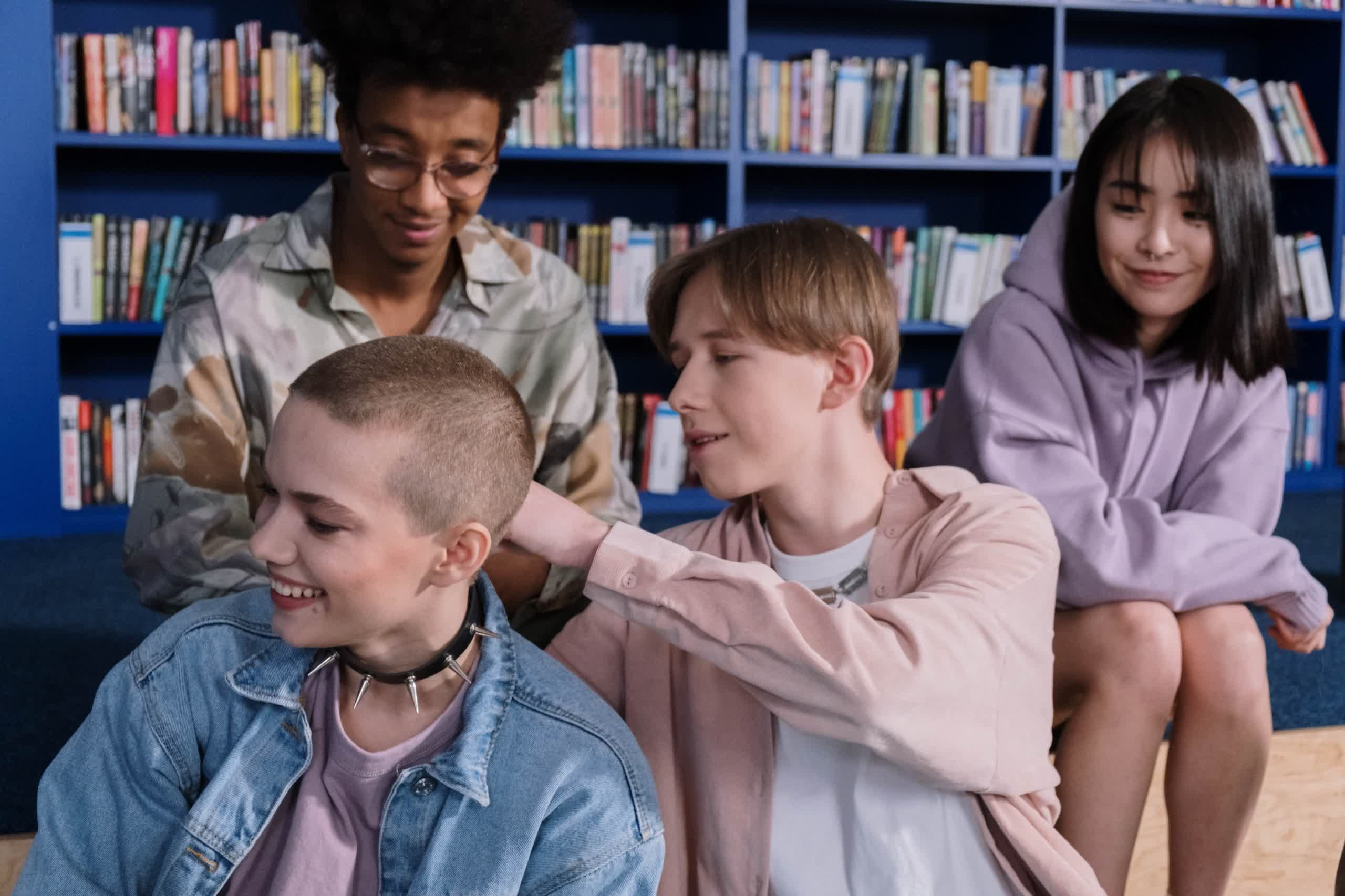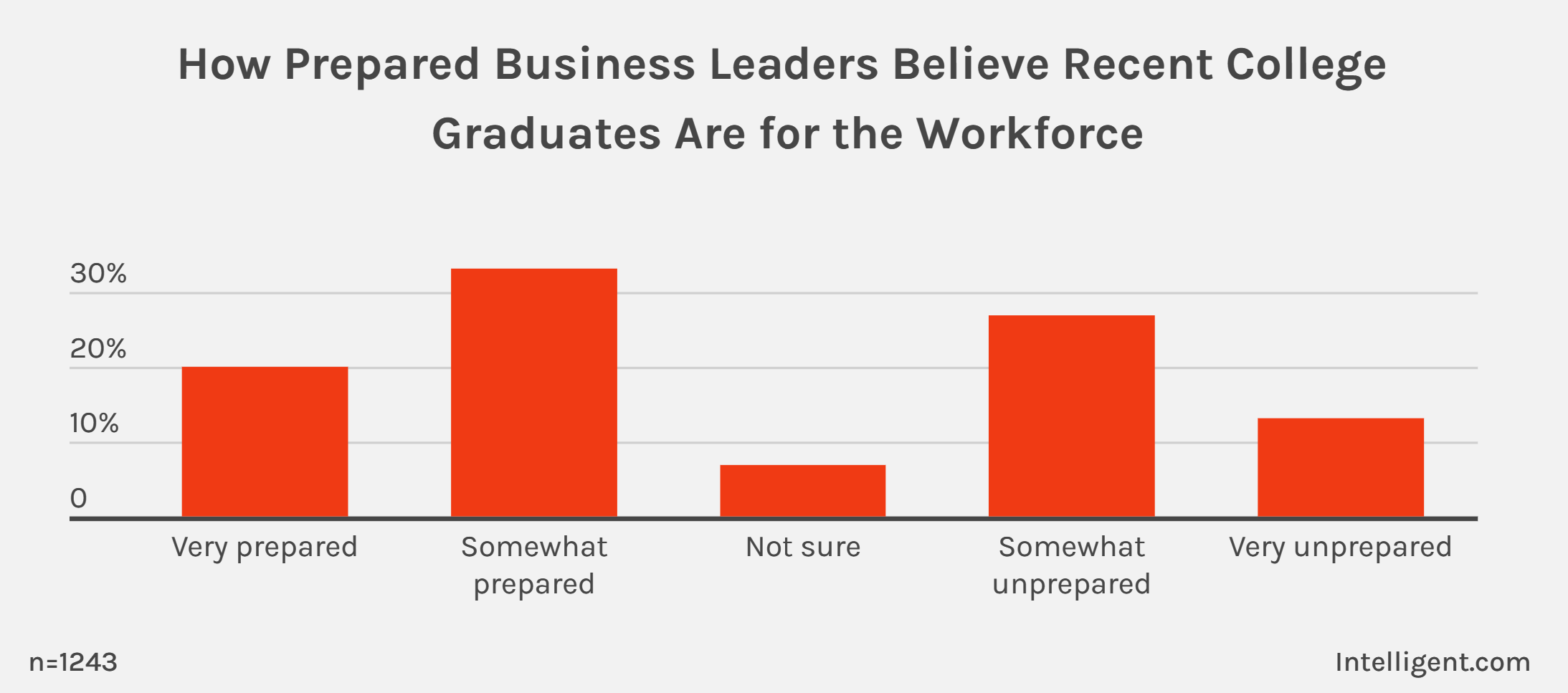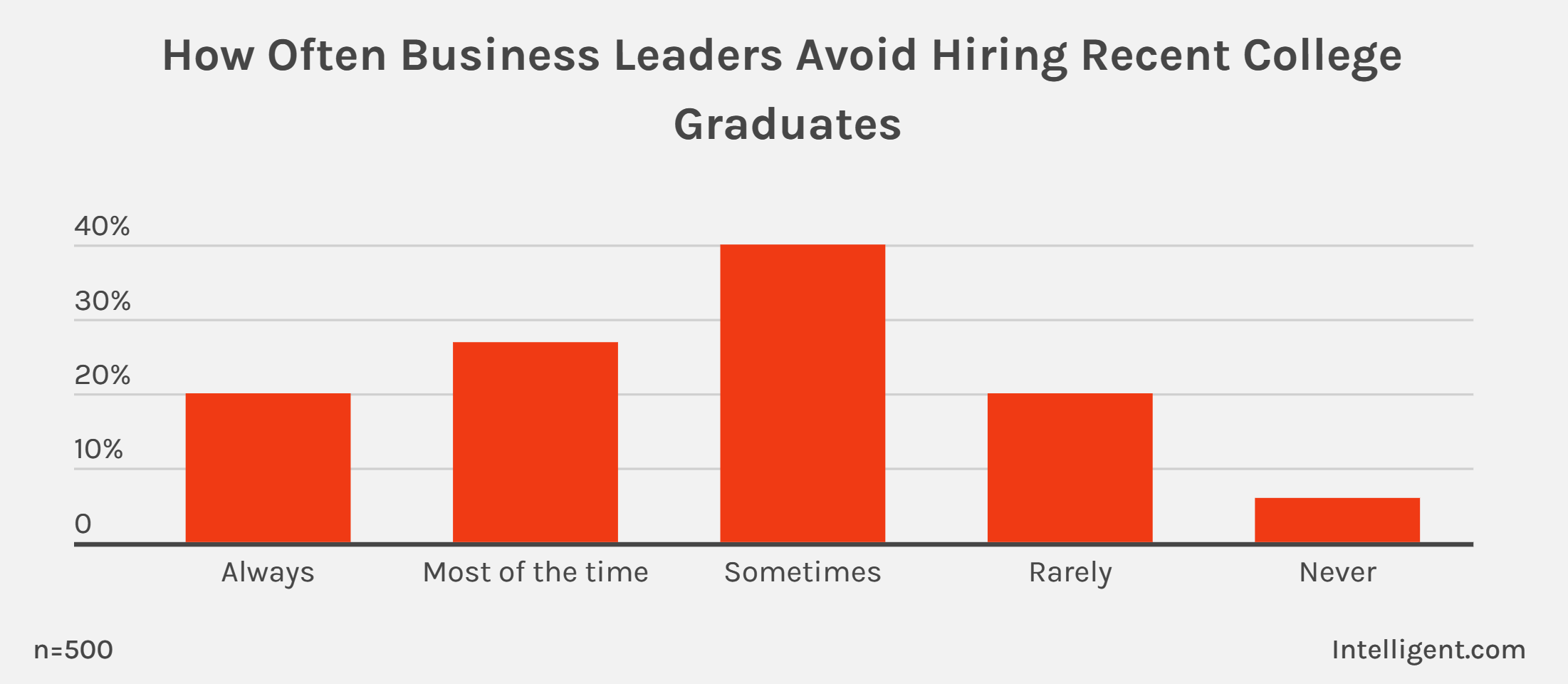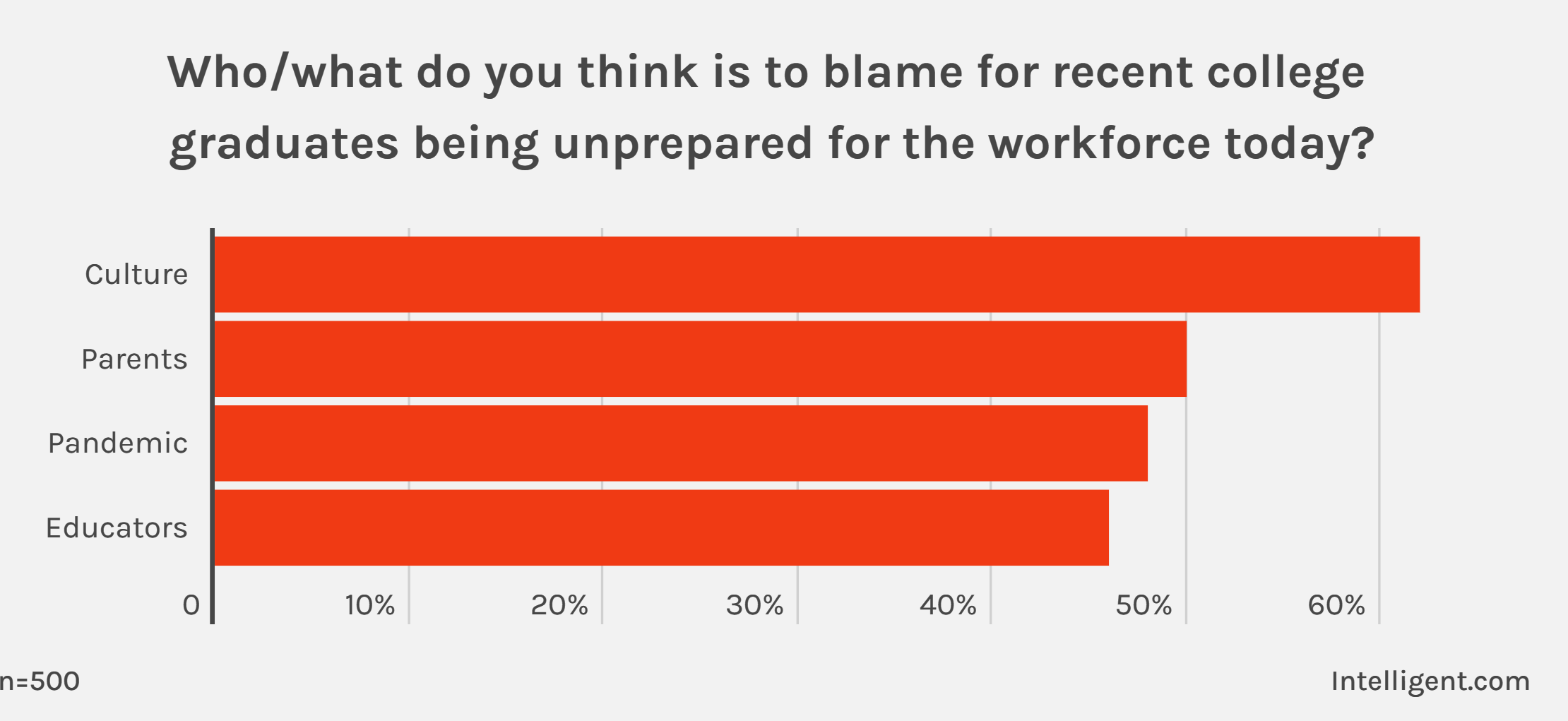A hot potato: Young people are the future, so the saying goes. But it's a sentiment that 4 out of 10 business leaders don't share; they think recent college grads' work ethic and communication skills make them unprepared to enter the workforce.
A survey conducted by Intelligent.com questioned 1,243 business leaders to find out their experience of working with Gen Z (those born between 1997 and 2012) who graduated in 2020 to 2023 college classes.
Just under half of those surveyed (40%) felt that recent college grads were unprepared to join the workforce, the main reasons being poor work ethic and communication skills. They also said that a sense of entitlement and a lack of technological skills contribute to grads' unpreparedness.
Of those leaders who felt the grads are unprepared, 88% say this is truer now compared to college graduates from 3 years ago, and almost all (94%) admitted that they sometimes avoid hiring recent grads.
The majority of leaders believe culture is to blame for the lack of preparedness, though around half say parents, educators, and the pandemic played a part. Could colleges do anything to help their students? 88% of leaders said offering etiquette classes would be very or somewhat helpful.
Some of the leaders' resentment could come from the fact that many have had a grad make an unusually high salary request. Half had a candidate ask for $100,000 despite most of the positions having salaries of $70,000 or less.
Other surveys have shown that managers often find Gen Z more difficult to work with than previous generations and would rather work with millennials. Again, a lack of technological skills, effort, and motivation were put forward as the top reasons for Gen Z's difficulty.
It's worth remembering that 53% of leaders who participated in the recent survey believe that Gen Z is very or somewhat prepared to enter the workforce, while 7% are unsure. With the way work changed to mostly hybrid and remote setups during the pandemic, not to mention the threat of generative AI, some argue that nobody is prepared for the workplace of 2023.
"Elders have always complained about the 'new generation' – but somehow each new cohort has managed to find work and eventually to lead. The two-year gap of Zoom school clearly had a large impact on college students who typically grow dramatically in their "people" skills and confidence by class discussions, clubs, and dorm life. They missed out on a lot of travel opportunities as well as interacting with people outside their own families," said Professor of Strategic Communication at Ithaca College and Principal of Gayeski Analytics Diane Gayeski, Ph.D.



